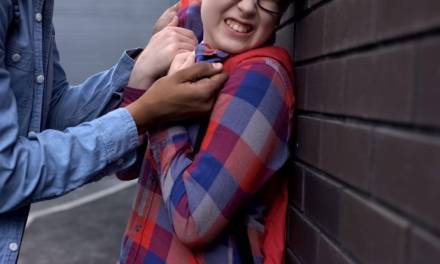Raising standards of behaviour remains a significant challenge for many schools.
Many actions can be taken in order for schools to improve. No matter how skilled the teacher, intervention at a policy level from a senior leader can have far greater an impact than a classroom teacher can.
How can your school create a culture to raise standards of behaviour? This blog post explains.
How school culture can influence standards of behaviour
According to the Tom Bennett Independent Review of Behaviour in Schools:
The way students behave in school is strongly correlated with eventual outcomes. In general good behaviour generally leads to:
- Students achieving more academically and socially
- Time is reclaimed for better and more learning
- Staff satisfaction improves, retention is higher, recruitment is less problematic
Leadership is key to improving behaviour in schools.
The key task for a school leader is to create a culture which is understood by the whole school community. Ultimately the leadership strategy will be individual to the school. However some strategies can be more effective generally than others.
Commonly successful features of the strategy can include:
- Committed, highly visible school leaders with ambitious goals
- Effective communication, explained in detail
- Highly consistent working practices throughout school
- Clear understanding of what the school culture is
- Highly levels of staff and parental commitment to goals, vision and strategies
- High levels of support between leadership and staff (e.g. staff training, opportunities)
- Attention in detail in execution of school policies
- High expectations of students and staff
Read the full report here.
How EDClass can help
For more information call 01909 568 338.









